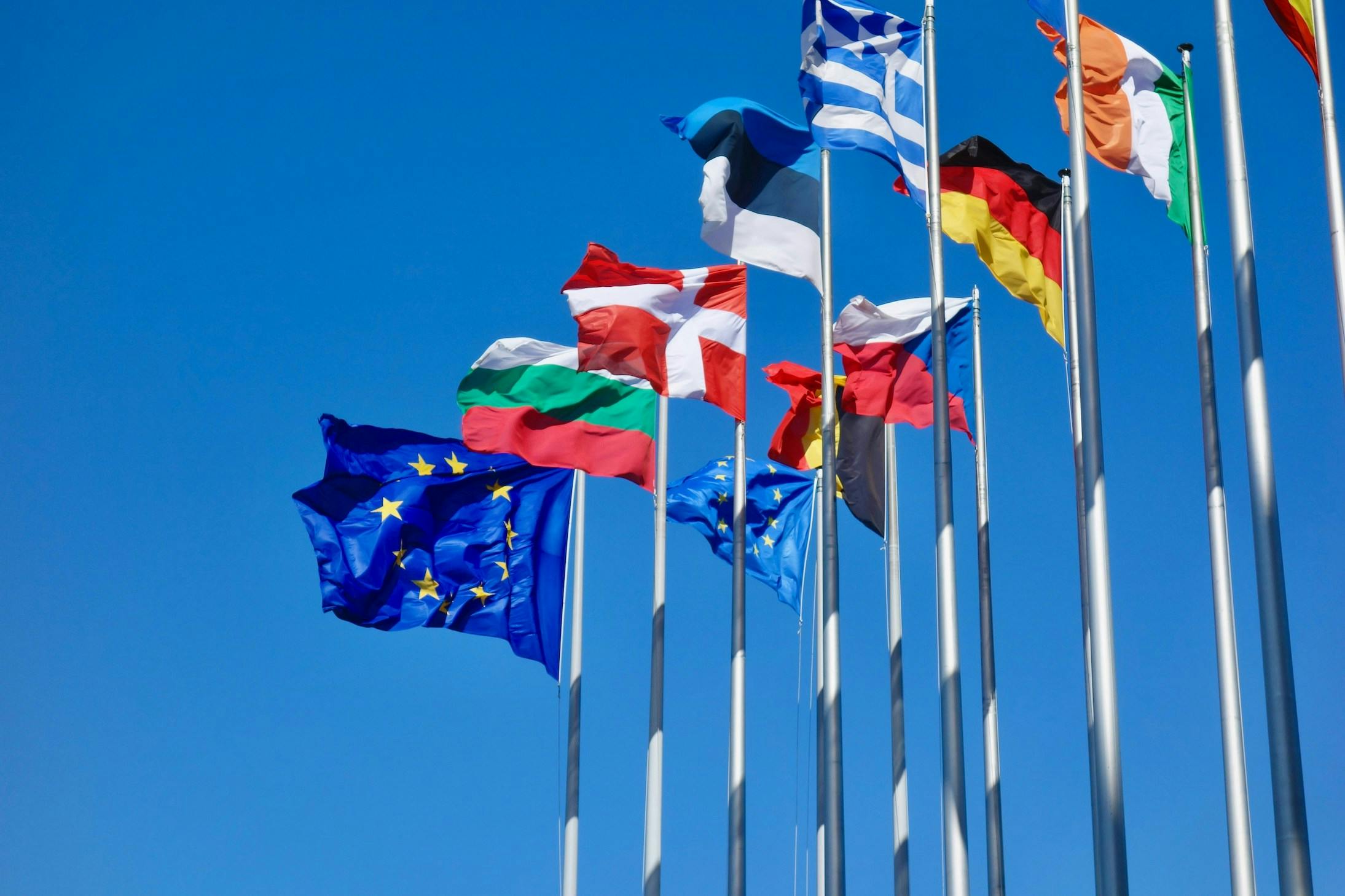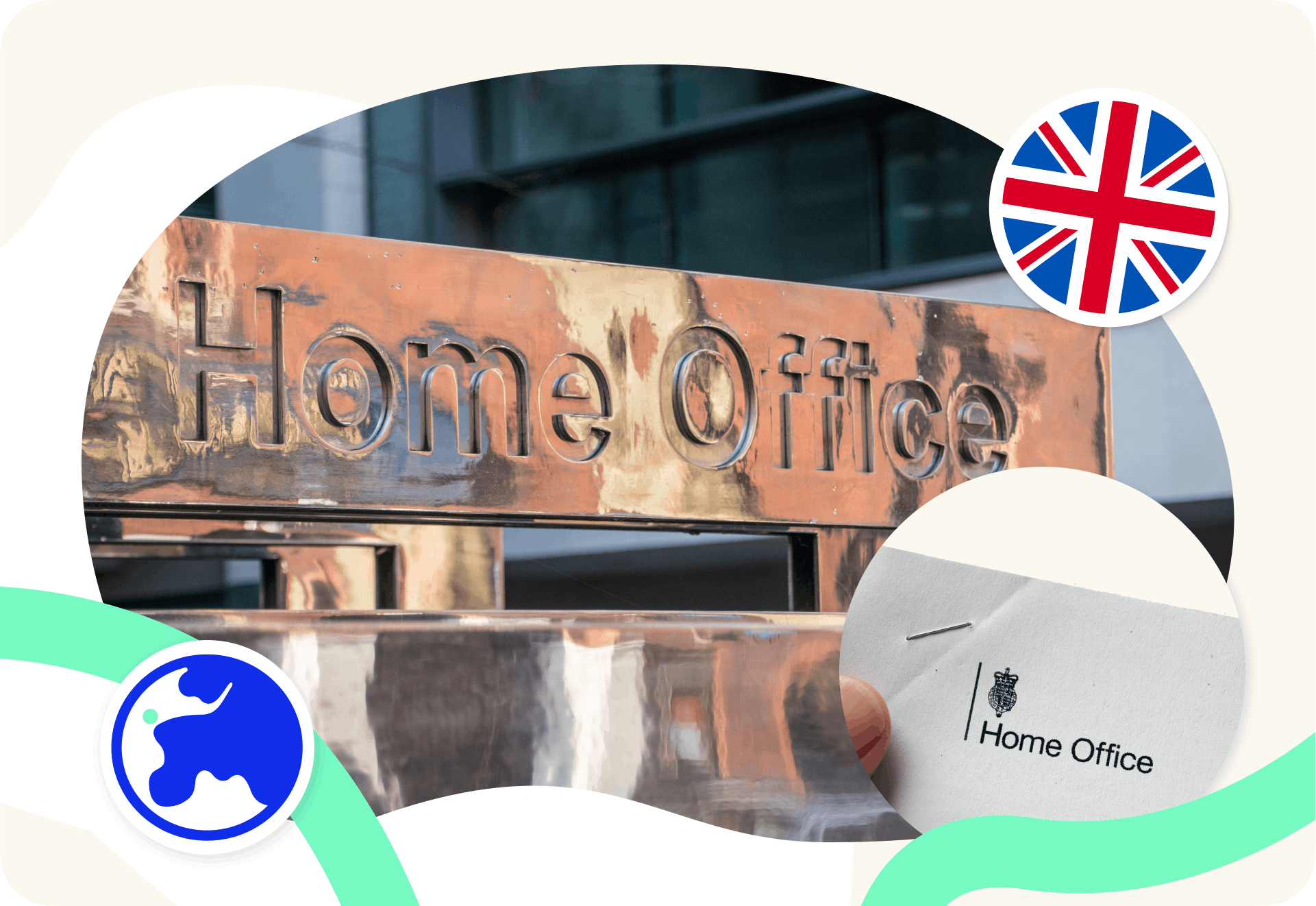The highly skilled migrant permit is available to foreign nationals, sometimes called knowledge workers, who are in a position to contribute to the Netherlands' knowledge-based economy. For example, individuals who will work in a high-level position or as a guest lecturer, trainee doctor, or scientific researcher are all considered knowledge workers.
In this article, we’ll provide an overview of the following topics related to the highly skilled migrant permit:
- Eligibility requirements
- Application process
- Validity of residence permit
- Extension of residence permit
Eligibility requirements
Applicants cannot apply for this residence permit alone; instead, an employer must do it on their behalf. To do so, the employer and applicant must meet the following conditions.
- The Immigration and Naturalization Service (IND) must recognize the employer as an approved sponsor. The Public Register of Recognised Sponsors maintains a list of approved employers.
- The applicant must have a job contract with an employer or research institution in the Netherlands.
- The job offer must adhere to the following salary criteria (as of 2022):
undefined - The salary must be in accordance with market conditions.
There are also general conditions that everyone who applies for residence permits in the Netherlands must meet, including:
- Applicants must have a valid passport or other travel document. A child may be included in the passport of one of the parents.
- A completed and signed antecedents certificate. This form certifies whether the applicant has a criminal history or not.
- A medical test for tuberculosis (TB), unless exempt.
There are additional conditions for scientific researchers, doctors in training to become specialists, intra-company transfers, and Turkish nationals.
Application process
The application process for the highly skilled migrant permit will depend on whether or not the applicant requires a provisional residence permit (in Dutch: machtiging tot voorlopig verblijf) to travel to the Netherlands. This permit is more commonly known as the MVV. There are several exemptions for the MVV, including residents whose nationality is of one of these countries:
- Australia
- Canada
- Japan
- Monaco
- New Zealand
- Vatican City
- United Kingdom
- United States
- South Korea
- Switzerland
- European Union member states
When an mvv is required
1. Employer submits application on behalf of an employee
If the applicant needs an MVV to enter the Netherlands, the employer must simultaneously submit applications for both the MVV and the residence permit. These are the required application forms to be filled out and submitted to the IND.
After they receive the application, the IND will send a letter to the employer with instructions on how to pay the necessary fees. For the highly skilled migrant residence permit, the cost is € 320.
They can be submitted either online or by post.
2. IND checks for completeness
After receiving the application, the IND sends a confirmation letter to the employer stating the date of receipt and the period within which a decision will be reached.
The IND will check to see if the application is complete and all fees have been paid. If any part of the application needs to be corrected or documents need to be included, the IND will contact the employer with instructions on completing the applications.
If the application has been submitted online, notifications from the IND will be sent via the My IND portal.
3. IND communicates decision to employer
After the IND confirms that the application is complete, they'll check to see if the applicant meets the necessary conditions. They are required to decide within 90 days.
If the applicant and employer meet all the conditions, the applicant will get an MVV and a residence permit. The IND will notify the employer about the decision. The IND also informs the Dutch representation.
If the application for an MVV and residence permit is approved, the IND will notify the employer. Additionally, they will inform the Dutch embassy of the approval.
If the IND declines an MVV and residence permit application, they will notify the applicant and employer of their decision by letter. It is possible to appeal the IND's decision.
4. Applicant collects mvv
After the application has been approved, the applicant can pick up the MVV from the Dutch embassy in the applicant's country of residence. The employer will specify the location when filling out the application.
In order to collect the MVV, the applicant must make an appointment with the relevant Dutch embassy. It must be collected within three months. On the scheduled day, the applicant must bring a passport that will be valid for at least six months and provide their biometric information at the embassy.
5. The applicant travels to the Netherlands
The MVV is valid for a period of 90 days. After it has been picked up, the applicant can travel to the Netherlands. They can also travel within the Schengen zone.
If the applicant and employer meet all the conditions, the applicant will get an MVV and a residence permit. The IND will notify the employer about the decision. They will also inform the Dutch representation.
6. The applicant collects the residence permit
After arriving in the Netherlands, the applicant can pick up their residence permit in approximately two weeks. The IND will send them a letter when it's ready to be collected. To do so, the applicant must make an appointment online at the IND desk. The letter includes instructions for the applicant to follow.
When an mvv is not required
1. Employer submits the application on behalf of the employee
If the applicant is exempt from applying for an MVV, they can travel directly to the Netherlands. Once there, the recognized employer will have 90 days to apply for the residence permit on their behalf.
These are the forms that need to be filled out by the employer. They should be submitted with any supporting documents to the IND. After they receive the application, the IND will send a letter to the employer with instructions on how to pay the necessary fees. For the highly skilled migrant residence permit, the cost is € 320.
2. IND checks for completeness
After receiving the application, the IND sends a confirmation letter to the employer stating the date of receipt and the period within which a decision will be reached.
The IND will check to see if the application is complete and if the fees have been paid. If any part of the application needs to be corrected or documents need to be included, the IND will contact the employer with instructions on completing the applications.
If the application has been submitted online, notifications from the IND will be sent via the My IND portal.
3. The IND communicates the decision to the employer
After the IND confirms that the application is complete, they'll check to see if the applicant meets the necessary conditions. They are required to decide within 90 days.
If the applicant and employer meet all the conditions, the applicant will get an MVV and a residence permit. The IND will notify the employer about the decision. The IND also informs the Dutch representation.
If the MVV and resident permit application is approved, the IND will notify the employer. Additionally, they will notify the Dutch embassy.
If the MVV and resident permit application is declined, the IND will notify the applicant and employer of their decision by letter. It is possible to appeal the IND's decision.
4. The applicant collects the residence permit
After arriving in the Netherlands, the applicant can pick up their residence permit in approximately two weeks. The IND will send them a letter when it's ready to be collected. To do so, the applicant must make an appointment online at the IND desk. Instructions are outlined in the letter.
Next steps regardless of mvv requirement
Aside from the application, applicants are obliged to do the following after arriving in the Netherlands:
- Applicants must register with the Municipal Personal Records Database (BRP) in the municipality where they will live. Registering with the municipality requires a legalized and translated birth certificate. Take this, therefore, with you when you travel to the Netherlands. Please contact your municipality in advance to check which (legalized and translated) documents/ certificates you need to take with you.
- Undergo a medical test for tuberculosis (TB) unless exempt. This must be done within three months after the issue date of the residence permit at the Area Health Authority (GGD).
- Take out health insurance within the first four months after arrival in the Netherlands.
Validity of residence permit
The highly skilled migrant residence permit remains valid for up to five years or the employment contract's duration.
Unemployment
If the permit holder becomes unemployed during this period, they are eligible for a search period of up to three months to find a new job as a highly skilled migrant. The search period begins on the day the employment contract is terminated. The search period is shortened accordingly if the residence permit expires in less than three months.
When seeking employment, the permit holder must find an IND-recognized employer as a sponsor.
Extension of residence permit
Permit holders may submit an application, with the help of their employer, to renew their residence permit three months before it expires. The employer can apply for the extension online or by post. Access application forms here.
To receive an extension, permit holders should still meet the conditions of the highly skilled migrant permit. For example:
- Possession of a valid Dutch residence permit.
- Primary residence in the Netherlands.
- Valid work contract with a recognized employer
Support for applicants and employers
The information outlined in this article provides a concise overview of the highly skilled migrant residence permit. The specifics and complexity of the application procedure may vary from case to case. Find information on other types of visas in the Netherlands in our employee relocation guide.
If you're interested in learning how to streamline the process and ensure a seamless experience for applicants, get in touch with us!
Note: This article was originally published in 2021 and updated in 2023.
The contents of our website, specifically the articles discussing legal topics, are researched with the utmost care. However, the provider cannot assume any liability for the correctness, completeness, and topicality of the information provided. In particular, the information is of a general nature and does not contain legal advice in individual cases. For the solution of specific legal matters, please consult a lawyer.


